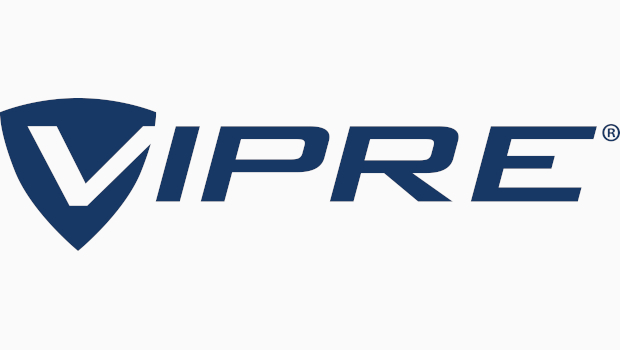
VIPRE SafeSend: Artificial Intelligence vs. human insight
In association with VIPRE
The cybersecurity landscape continues to evolve as cybercriminals become ever more sophisticated, and digital security tools accelerate to mitigate the risks as much as possible.
Artificial intelligence (AI) and machine learning (ML) have been heralded as innovative technologies to help thwart evolving exploits and are a key part of any cybersecurity arsenal. However, humans are still able to perform intricate decision making far better than machines, especially when it comes to determining what data is safe to send outside of the organisation. So where is AI best used in your cyber defence strategy?
One of the primary challenges for AI to prevent accidental insider breaches is being able to spot similarities between documents or knowing if it is ok to send a particular document to a specific person. Company templates like invoices appear to be very similar but have minor differences that typically, ML and AI fail to pick up. Even when the AI detects an issue to flag, it will alert the administration team rather than the user becoming an additional burden for IT and causing frustration for the user.
Given the nature of ML data loss prevention solutions, they cannot work straight off the shelf, but have a learning phase that lasts a few months, and therefore cannot provide instant security controls. For industries dealing with highly sensitive information, the fact that their data is going off-network to be scanned – even to a secure cloud – is a concern. Moreover, with ML, the technology has to keep a part of this sensitive information in order to learn rules from it and use it again and again.
AI does have a critical role to play in a business’ cyber defence strategy. Antivirus technology, for example, operates a strict ‘yes or no’ policy, it’s not subjective – something is either considered a threat or not. The AI can quickly determine whether something is going to install malware or take down the network and as such, it is either stopped or allowed. It is important to note that Vipre uses AI and ML in our e-mail and endpoint security services.
So while AI might not be an ideal method for preventing accidental data leakage through e-mail, it does have an important part to play in specific areas like virus detection and threat analysis.
With heavy reliance on email within businesses, accidental data leakage is an inevitable risk. However, providing a solution that alerts users when they are potentially about to make a mistake – either by sending an e-mail to the wrong person or sharing sensitive data – not only minimises errors, but it also helps to create a better email culture. Mistakes are easily made in a fast-paced, pressured working environment. But rather than leaving this responsibility to AI, a tool like VIPRE SafeSend, combined with trained human insight, can enable users to make more informed decisions about the nature and legitimacy of their email before acting on it.
More information at: https://global.VIPRE.com








Subscribers 0
Fans 0
Followers 0
Followers